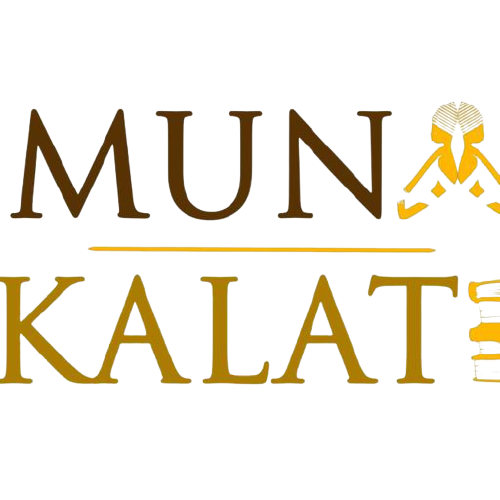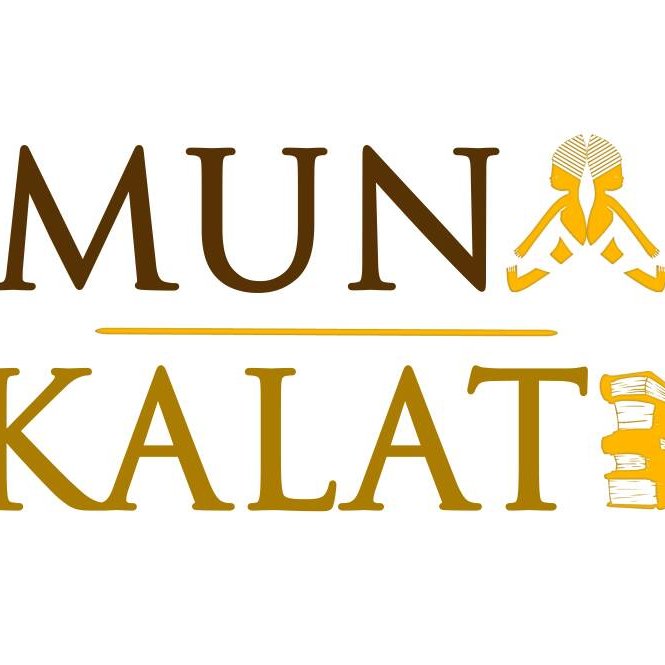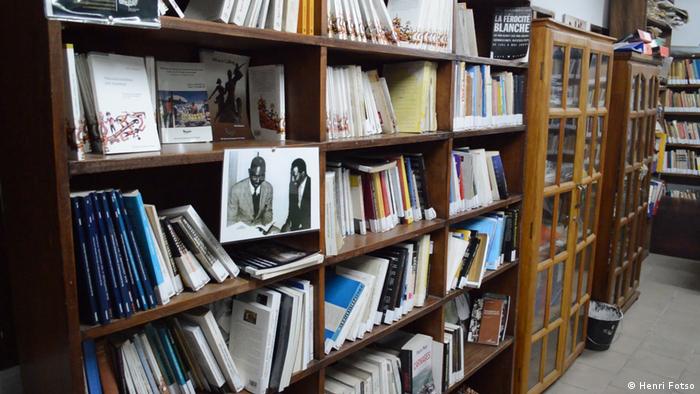The two African public library summits in Johannesburg in 2012 and Swaziland in 2016 had the merit of highlighting the main problems related to library science in Francophone Africa. Among these major difficulties, the training of professionals is at the top of the list. At the first summit, for example, it was noted that when library training programs exist, they are poorly adapted to public libraries. Earlier, Jean de Chantal pointed out the lack of library schools. The immediate consequence, he said, was a brain drain. In light of the above, the question of training professionals seems more relevant than ever. Concerned about the creation of a strong network of library associations, IFLA organized a seminar in 2015 to further federate existing associations and train them. This initiative was very well acknowledged. In the same perspective, we can ask ourselves how to overcome the obstacles related to the training of professionals. Proposals on this will be developed further.
1. Supporting and supervising initiatives in the sector

In several sectors in French speaking countries, there are public and private initiatives. If there is therefore a deficit in terms of training for library professionals, related strategies must be found to gradually rectify the situation. In this regard, in some countries, there are initiatives that have the merit of arousing interest in terms of the training and capacity building workshops they offer. In this regard, we have the Association of Documentary Information Professionals for Africa (APIDCA). It is a structure that works in the field of training librarians through its magazine (high quality scientific content on the issue), and annual training workshops. Through its actions, it contributes to the continuous training of library professionals. Therefore, the support of public authorities is essential to strengthen this initiative. Moreover, during the BSLA (Building Strong Library Association) seminar/workshop, the overall observation was the inadequacy of support from public authorities in French speaking countries.
Besides APIDCA, we can talk about the work of the SEDD Association which creates mobile libraries and conducts training actions since 2015 for the assurance of a sustainable development. According to Christophe Tatdja Tchuingue, libraries should therefore have a central place in sustainable development projects. It does not only create libraries but also works toward the training of school and city Liberians. Hence the concept of SCLD (School and City Liberians Day). Finally, we can mention the Association of Librarians, Archivists, Documentalists and Museographers of Cameroon (ABADCAM) which is an Association whose mission is to contribute to the permanent training of librarians, archivists, documentalists and museographers. In light of the above, it can be noted that there are initiatives and/or associations that are genuinely interested in the training of librarians. However, the target audience still needs to be interested.
2. Awareness of the need to join associations
It is always important to refresh one’s knowledge and to do updated courses no matter what field one may find his or herself in. We have highlighted some associations that work in the field of continuing education for librarians. However, if librarians are not interested, if they do not show an immediate interest in learning about the good practices, the lines cannot be moved. It is therefore necessary to raise the general awareness of all those involved in librarianship in French speaking countries. This is where the commendable work of some associations such as APIDCA, ABADCAM, SEDD will have a greater impact. This will produce a snowball effect. As such, donors and/or public authorities, in view of the growing interest, will be able to pay more attention to the issue. Moreover, these associations could increase their collaboration to find joint solutions because it remains true that together we go further and the impact is more sizable. Librarians will want to give their all in their training if there are more awards.
3. Boosting library education through awards

It is often said that a job well done deserves a reward. In this vein, it seems more than necessary to create awards that will boost the discipline and the work of promising library educators. In this regard, the SEDD Association understood this by creating an award in 2015. In the same vein, during the children’s book fair and the comic strip of Yaounde (SALIJEY) 2022, the “Viviana Quinñones” prize for the best independent youth library was launched to the delight of youth library actors. The existence of these awards has stimulated the promoters of these institutions to give their best and even improve the quality of services offered by their centers. The experience of the SEDD Association is an example because once they have highlighted awards for librarians, many have made efforts to improve their services to match global expectations.
Finally, it must be recognized that the training of librarians must be a central concern in French speaking countries. The stakes being significant, the support of initiatives, the creation of prizes to boost interest, the active involvement of actors in associations are ways to be explored to overcome the obstacles related to the training. Do you have any other proposals in this regard?



